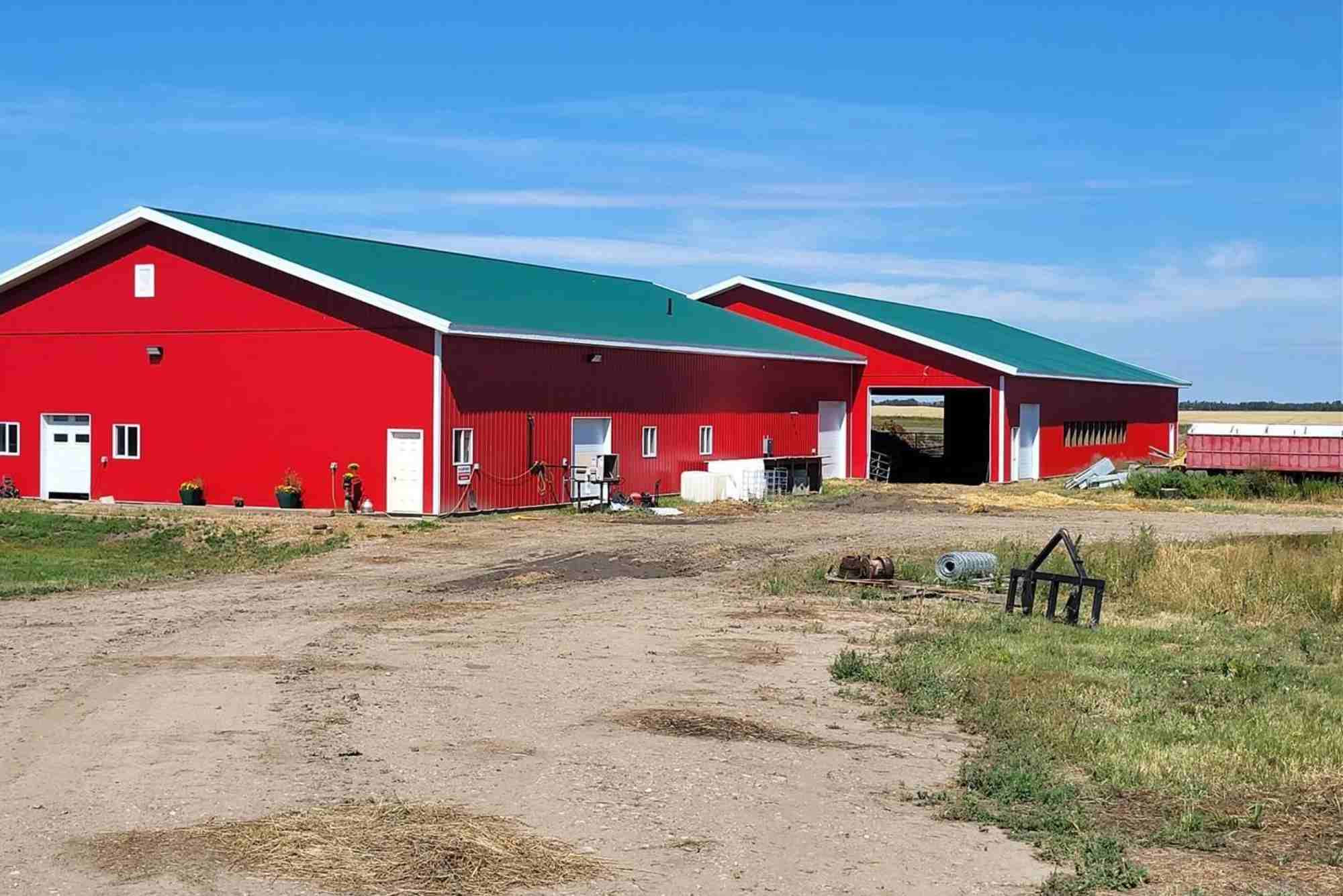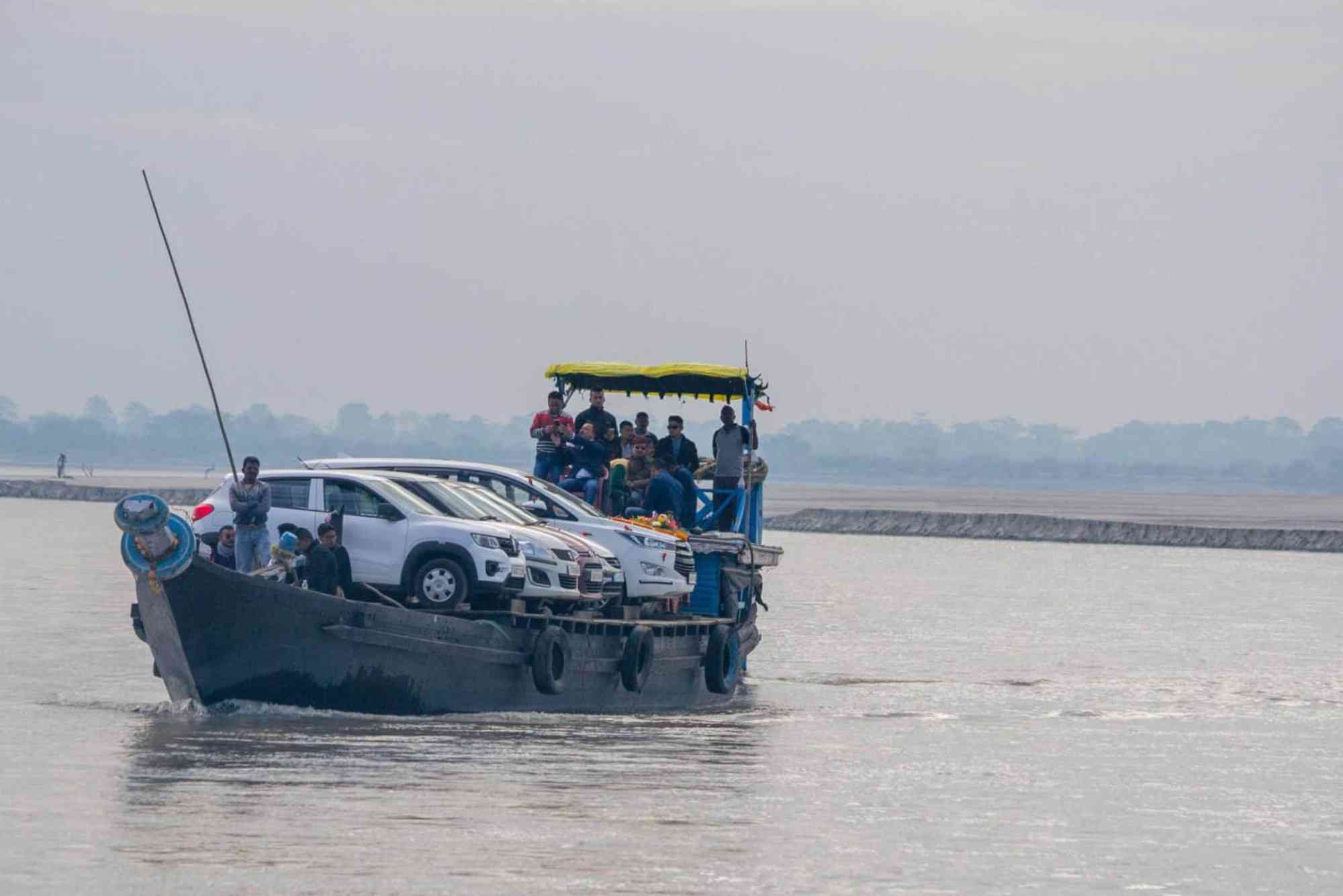Farm Land for Sale in Saskatchewan, Canada – Listings & Prices
Saskatchewan, known as the “breadbasket of Canada,” offers fertile soil, vast open plains, and a strong agricultural economy. For those looking to invest in rural property or expand their farming operations, farm land for sale in Saskatchewan, Canada presents a wealth of opportunity. Whether you’re a local buyer, an international investor, or a generational farmer, the province’s agriculture-driven real estate market continues to be one of the most affordable and stable in North America.
With its expansive prairies and over 40% of Canada’s farmland located within its borders, Saskatchewan has long been a destination for those seeking productive and profitable agricultural land. From grain farms and cattle operations to mixed-use parcels and family-owned acreages, the province offers diverse options for every kind of buyer. In this detailed guide, we’ll explore the key aspects of buying farm land in Saskatchewan, including current prices, popular regions, government incentives, and what to consider before making a purchase.
Why Invest in Farm Land in Saskatchewan?
Saskatchewan’s land market attracts a wide range of investors for good reasons. First, the soil here is some of the most productive in the world. With black chernozem soils and a moderate climate conducive to agriculture, the land supports a variety of crops, including wheat, barley, canola, peas, and lentils. Livestock farming is also a key part of the economy, with vast grasslands ideal for raising cattle.
Additionally, Saskatchewan’s real estate market remains relatively stable compared to urban property markets. While city real estate is subject to bubbles and rapid price fluctuations, agricultural land tends to hold value and appreciate steadily over time. Investors are drawn not only by potential returns but also by the land’s tangible and enduring value.
Foreign ownership laws are also relatively favorable, though with some restrictions. Non-residents may purchase up to 10 acres of farmland, and corporate or institutional buyers can structure deals through local partnerships. Saskatchewan’s Ministry of Agriculture provides clear guidelines to navigate these purchases.
Average Prices of Farm Land in Saskatchewan
One of the most attractive aspects of Saskatchewan farmland is affordability. While prices vary by region, soil quality, and proximity to infrastructure, the average price per acre remains reasonable compared to provinces like Ontario or Alberta.
As of recent market data, the average cost of farm land for sale in Saskatchewan, Canada ranges from $1,500 to $3,500 per acre. Prime land near high-demand areas like Yorkton, Swift Current, and Saskatoon may fetch higher prices, sometimes reaching $4,000 per acre or more. In contrast, remote or less developed regions may offer land for as low as $800 per acre.
Farmland values have steadily increased over the past decade due to strong commodity prices, demand from farm consolidators, and limited supply. However, the market is still considered buyer-friendly, especially for those looking at long-term investments or sustainable farming ventures.
Where to Find Farm Land in Saskatchewan
Farm land is available across the province, but certain regions are especially popular for their agricultural productivity, infrastructure, and community support.
Saskatoon Region
Located in central Saskatchewan, Saskatoon is not only a hub for trade and services but also surrounded by some of the province’s most fertile land. Buyers can find large plots with excellent road access, nearby storage facilities, and strong grain markets.
Yorkton and Melville Area
This eastern region is well known for cereal crop production and offers numerous parcels suitable for commercial farming. It’s an ideal choice for growers of wheat, oats, and canola.
Swift Current and Southwest
Southwestern Saskatchewan combines cattle ranching and grain farming. The land is flatter and drier, perfect for grazing, and often available at lower price points than central regions.
Prince Albert and the North
Moving northward, land becomes more forested and suited for mixed-use operations or hobby farms. While less developed, these areas offer privacy and lower costs for smaller-scale buyers.
What to Consider When Buying Saskatchewan Farm Land
Buying farm land isn’t just about price per acre. It involves evaluating multiple factors that affect long-term profitability and operational success.
Soil Quality and Type
Always request a soil test and review historical crop yields. Saskatchewan’s soil varies from clay-rich to sandy loam, with each type supporting different kinds of agriculture.
Water Access and Drainage
Irrigation is rare in Saskatchewan due to natural rainfall, but good drainage is essential. Poorly drained land can cause crop losses or limit planting.
Infrastructure and Roads
Access to paved roads, grain elevators, and towns with farm supply stores can significantly impact efficiency. Also consider proximity to schools and services if you plan to live on the farm.
Zoning and Land Use Restrictions
Verify land zoning regulations through the Saskatchewan government or local municipalities. Certain uses may require permits, and protected lands may have limitations.
Ownership and Title Status
Make sure the land title is clean and free of liens or disputes. Hire a local real estate lawyer or land agent familiar with Saskatchewan property law.
Financing and Government Support
Many buyers use a combination of personal capital and financing from agricultural lenders. Institutions like Farm Credit Canada (FCC), credit unions, and major banks offer specialized loans for farm land purchases.
The Saskatchewan government also provides support through programs like:
- Agricultural Water Management Strategy
- Crop Insurance
- Land Leasing options for young or new farmers
These tools can make land ownership more accessible, especially for first-time buyers.
Tips for First-Time Buyers
If you’re purchasing farmland in Saskatchewan for the first time, take time to explore different areas before committing. Visit multiple properties, talk to local farmers, and attend rural real estate auctions. Working with a certified farm realtor can also streamline the process.
Ensure that you have a clear business plan if you’re buying for commercial farming. The land must match your needs in terms of acreage, location, and crop potential. Consider starting with a smaller parcel to gain experience before scaling up.
Don’t forget to calculate annual property taxes, maintenance costs, and potential improvements like fencing or irrigation. While the upfront cost may be low, successful farm ownership requires ongoing investment.
Legal Aspects of Buying Farm Land in Saskatchewan
Land transactions in Saskatchewan follow a regulated legal framework to protect both buyers and sellers. Before closing any deal, you’ll need to conduct a title search, submit a land transfer application, and potentially register with the Saskatchewan Farmland Security Board if you are a non-resident.
Always involve legal professionals to review contracts, validate title claims, and ensure there are no encumbrances or environmental liabilities. Also, if you plan to lease land before buying, ensure the lease agreement aligns with provincial standards and includes a purchase option if desired.
Future Outlook of the Saskatchewan Farmland Market
The outlook for Saskatchewan farmland remains positive. With growing global demand for food and biofuel crops, farm land continues to be a secure and appreciating asset. Climate-resilient crops and regenerative agriculture practices are also gaining popularity, further increasing land value in sustainable regions.
Government investment in rural infrastructure and technology (such as precision agriculture) ensures that farming in Saskatchewan is evolving with the times. Whether you’re an investor or a farmer, the land here represents both a legacy and a future opportunity.
(FAQs)
What is the average price per acre of farm land in Saskatchewan?
A: The average price per acre ranges from $1,500 to $3,500, depending on location, soil quality, and infrastructure. Prime land may cost more.
Can foreigners buy farm land in Saskatchewan, Canada?
A: Yes, but with restrictions. Non-residents can buy up to 10 acres. For more, you may need approval from the Saskatchewan Farmland Security Board.
Is farm land in Saskatchewan a good investment?
A: Yes. Farmland in Saskatchewan offers stable returns, increasing value, and diverse use for crops and livestock. It’s a long-term, low-risk investment.
What crops are best suited for Saskatchewan farmland?
A: Wheat, canola, barley, lentils, and peas are among the top crops. The region also supports cattle grazing and mixed-use farms.
How do I finance farm land in Saskatchewan?
A: You can apply for loans from Farm Credit Canada, banks, or credit unions. The government also offers grants and subsidies for new farmers.
Saskatchewan remains one of the most promising provinces in Canada for those seeking agricultural real estate. With competitive land prices, fertile soil, and strong farming infrastructure, the opportunities for ownership are both practical and profitable. Whether you’re an experienced farmer or new to rural investments, understanding the market and planning carefully can lead to a successful venture.
If you’re ready to explore farm land for sale in Saskatchewan, Canada, now is the time to take the first step. Consult with local experts, explore online listings, and schedule visits to find the land that fits your vision. Agriculture is more than an industry here—it’s a way of life. Start your journey into ownership today.





